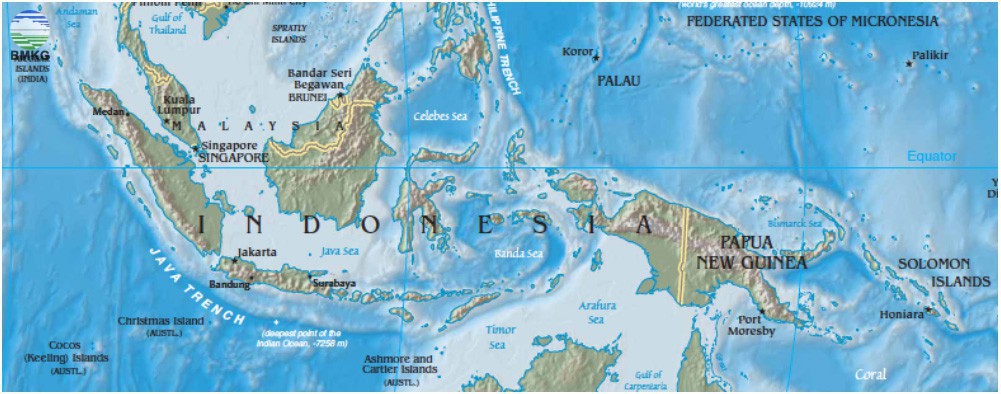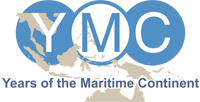First International Science and Planning Workshop on YMC in Singapore (27-30 Jan 2015)
- YMC
- 07 Des 2016

This was the first workshop at which potential international participants of YMC gathered and exchanged information of their science objectives and plans. The main objectives of the workshop were to discuss a draft of the YMC Science Plan, to assess the scope of the YMC field campaign, and to provide a chance for the potential YMC participants to know each other for future collaboration and coordination. Fifty-two people from 13 countries/regions attended.
Day 1 (Tuesday, January 27, afternoon) was an informal gathering of Indonesian participants and international participants who plan to conduct field observations in Indonesia. The discussion focused on procedures of applying for permit to conduct field observations in Indonesia. Brochures of such procedures were distributed.
Discussions covered the following topics:
1. Indonesian EEZ can be open to international research ships. To collect data in the Indonesian territory water, using Indonesian research vessels is highly recommended.
2. Airborne observations in the Indonesian airspace are possible, but Indonesian airbase must be used.
3. An "umbrella" MOU or agreement between institutes/agencies of a foreign country and the Indonesian counterpart on YMC activities (data collection and sharing, outreach and capacity building, etc.) are desirable before applications for research permit are filed. Such an MOU will also help Indonesian collaborators to apply for funding to participate in YMC.
4. The lead time for research permit should be no less than 6 months. But applications should be submitted as early as possible.
5. All original data collected in Indonesia must be made available to Indonesian agencies/institutes.
6. Data based on analyses of biological and chemical samples are allowed to be taken out of Indonesia, but samples are not.
Day 2 (Wednesday, January 28) was devoted to YMC science. In her opening address, Ms. Wong Chin Ling, Director General of Meteorological Service Singapore (MSS) emphasized the importance of improving local prediction capability through YMC to the countries in the MC region. Presentations and discussions covered a broad range of topics pertaining to the MC. They include multi-scale (diurnal, synoptic, intraseasonal, and seasonal) variability of atmospheric convection and circulations, troposphere-stratosphere interaction, aerosol, Indonesian through flow, upper-ocean mixing, upwelling, air-sea interaction, modeling, and prediction. It is realized that YMC needs to be inclusive to embrace the breadth of important issues of the MC, but also should focus on scientific questions 2 that can be effectively address by YMC activities. This sentiment is echoed in the discussion on Day 4. Several issues were identified that are missing in the draft of the YMC Science Plan, such as satellite data support and prediction improvement as a main YMC objective.Day 3 (Thursday, January 29), planned YMC activities were briefly introduced and discussed. They include ground, ocean, and airborne observations, and modeling.
Day 4 (Friday, January 30) started with brief presentations on possible connections between YMC and other programs. These programs include Tropical Pacific Observing System (TPOS), Year of Polar Prediction (YOPP), International Indian Ocean Expedition 2 (IIOP-2), SPARC, Subseasonal-to-Seasonal Prediction Program/MJO Task Force (S2S/MJOTF), CORDEX-SA, Indonesia - China Center for Ocean and Climate (ICCOC), 7 Southeast Asian Studies (7SEAS), and CloudAerosol-Monsoon Philippines Experiment (CAMPEx). This was followed by a breakout session for 5 working groups (ground observations, ocean and air-sea interaction, airborne observations, modeling, and prediction). Based on the reports of the working group breakouts to the plenary session and subsequent discussions, an outline of YMC objectives, science themes, and main activities were formulated, which are summarized in an Executive Summary of the YMC Science Plan. Action items for the coming 10 months were also identified.
